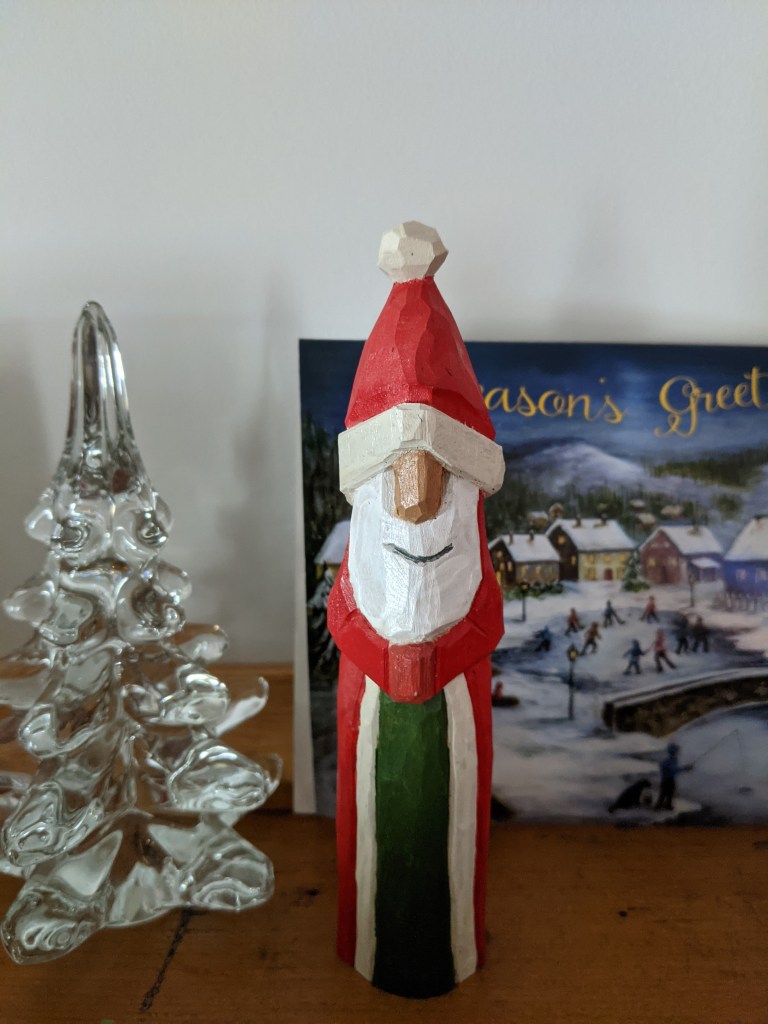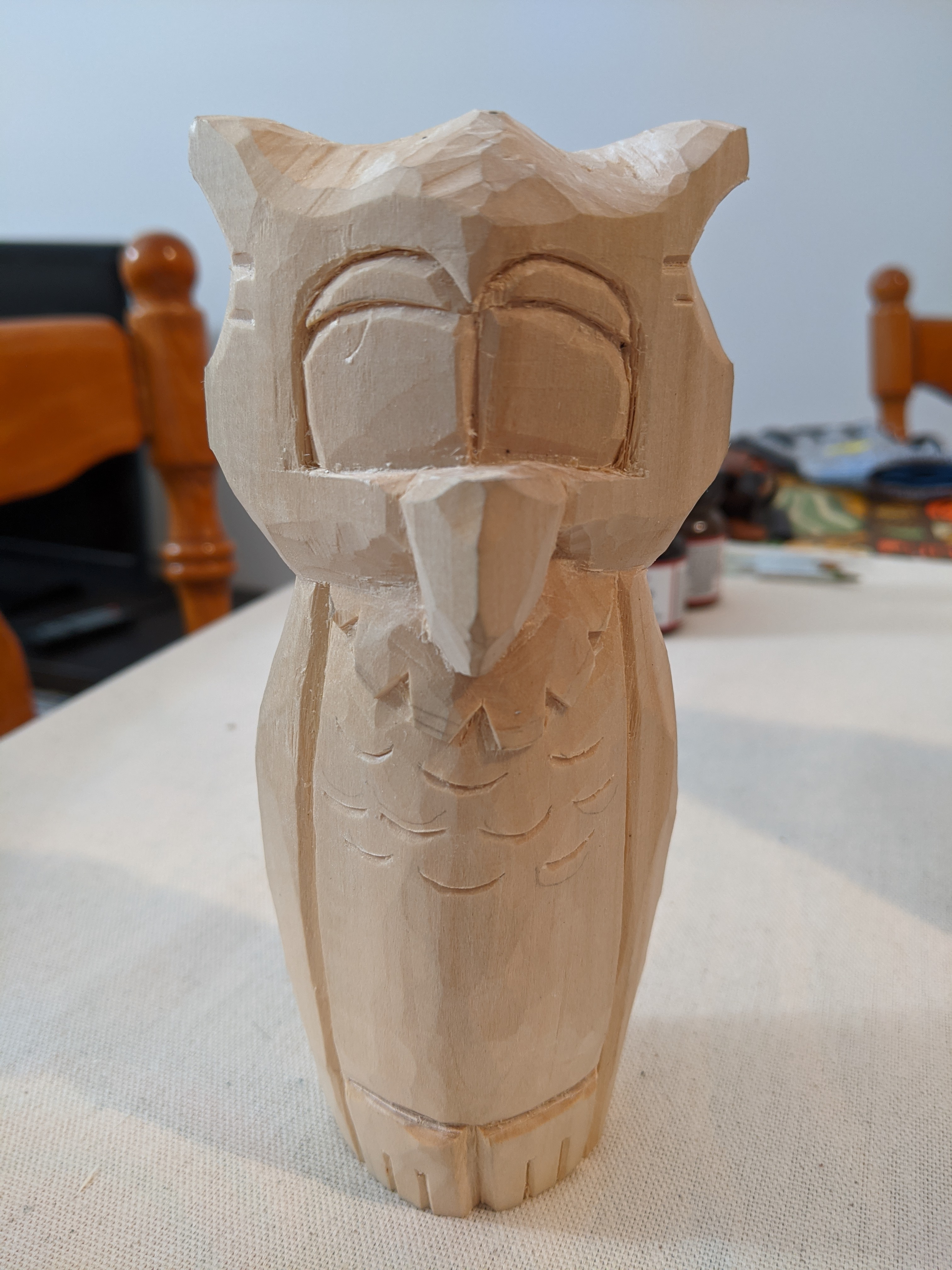In many important respects, the COVID-19 pandemic has not impacted my life. I am healthy and gainfully employed. I do not have to worry about where my next meal is coming from, or if I’ll be able to make rent. I’m young and hale, so I know that even if I do get the virus, in all likelihood I’ll experience only mild symptoms, if I feel anything at all. These same things are also true of most of my friends and relatives, so I have even been spared the burden of worrying excessively about them. For all this, I am very grateful.
This is not to say that the last nine months have been easy. I started working from home on March 12, 2020. I did not go into the office again until the end of October, and even now, more often than not I’m the only one there. I’ve also been living alone since July. Between working alone, living alone, and largely avoiding social gatherings, I’ve been spending a lot of time with just myself for company.
I’ve been wondering about what impact that might have on my mental health, which I have become somewhat self-conscious about. I wasn’t too worried–I was a homebody even before the pandemic, and I’ve picked up some great new hobbies–but it seemed prudent to keep an eye on things nonetheless. Until last week, I hadn’t noticed any major changes. Sure, I spent some time talking to myself and occasionally I’d bark like a seal at random objects in my apartment, but in fairness I did those things in the before time, too. So to the extent I wasn’t well, at least I wasn’t getting worse.
Last week, two things happened that caused me to change that assessment. The first happened while I was out for a run. I came up on three construction workers walking together to their job site. They were walking three abreast, taking up the entire path. No big deal; we were the only four people in sight. When I was about 30 yards behind them, I called out to let them know that I was coming up on the left. They didn’t respond. With 15 yards to go, I yelled again. This time, two of them looked back at me, and then continued on as before. I called out one last time as I was right on top of them, and one of them turned his shoulder slightly, giving me just enough room to squeeze through. Other than that, they didn’t acknowledge me.
Anyone who has been running long enough has been the victim of other people’s boorish behavior. I’ve had drivers intentionally splash me with puddles, swerve at me, and ignore traffic signals to try and beat me through an intersection, nearly running me down in the process. I’ve seen people watch, un-reacting and bored, as their dogs chase me down the street. I’ve been yelled at, spit, at, and cursed at. I’ve been called slurs and threatened.
In light of all this, the construction workers’ behavior–merely rude instead of aggressive–would ordinarily barely register. Which is why it was all the more surprising that it didn’t roll off me like water off a duck’s back. Instead I was furious, I was enraged, I was seeing red, I could feel my blood boiling. I wanted to scream and shout, mix it up, throw haymakers (as if I knew what haymakers were). I did none of these things, but for someone who has always trended much closer to flight than fight, it was a jarring experience.
Later that same day, I had a second jarring interaction. As I was checking out at the grocery store, I had a nice conversation with the clerk. We chatted, joked, and laughed. I walked out of the store with an ear-to-ear grin. The thing was (other than that I live in a major city where cashiers often act like they’d prefer not to have anything to do with me), there was nothing out of the ordinary about my conversation with this man. Like hundreds of similar connections I’ve had with store clerks in the past, it was friendly and superficial, and lasted no longer than it took him to ring up and bag my groceries. And yet, I felt an intense bond with him, and was instantly buoyed by it.
Both occurrences stood out to me because they were ordinary. Yet they evoked such strong emotions that they felt extraordinary. And in a way, given how rarely I get to associate with people face-to-face these days, they were extraordinary. I was in turn enraged and delighted by two very run-of-the-mill interactions with people because they were interactions with people. Normally, I would barely have noted the interactions; I certainly wouldn’t have remembered them with clarity a week on. But I see people so rarely in person now, that each time I do is a revelation. Minor annoyances can wreck my day, and a kind word or a small joke can make my whole week. Small things mean so much because they are all I have.
I hope that when the pandemic is over I maintain an appreciation of how important the people around me are, and how much my interactions with them matter. Social contact is precious now, and I will strive to treat it as such even when it is once again common. I think I will be a better, happier person for it.





Reading this was just lovely 🙂
LikeLiked by 1 person
Thank you!
LikeLike